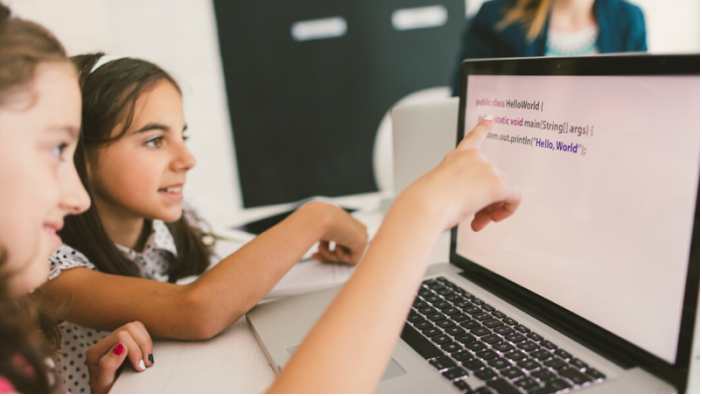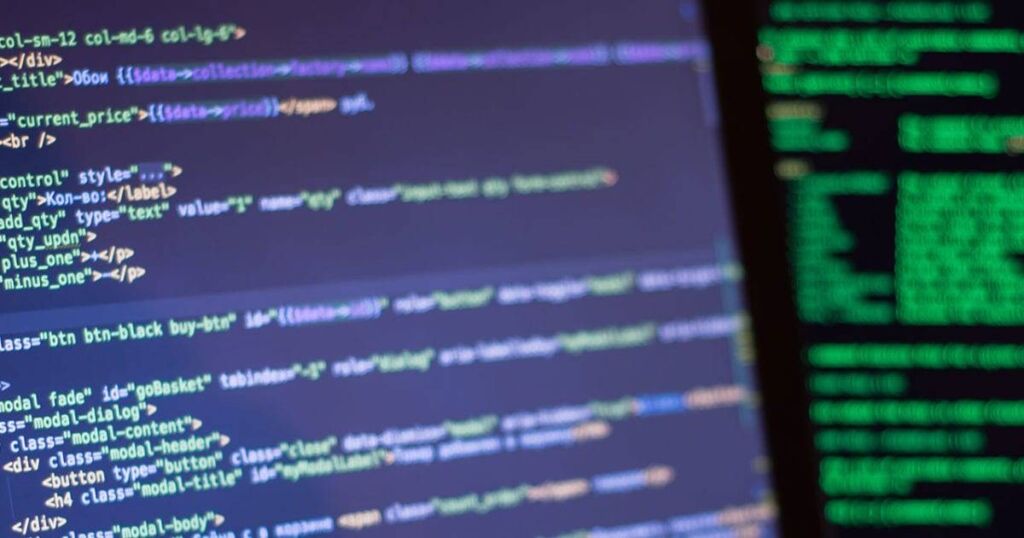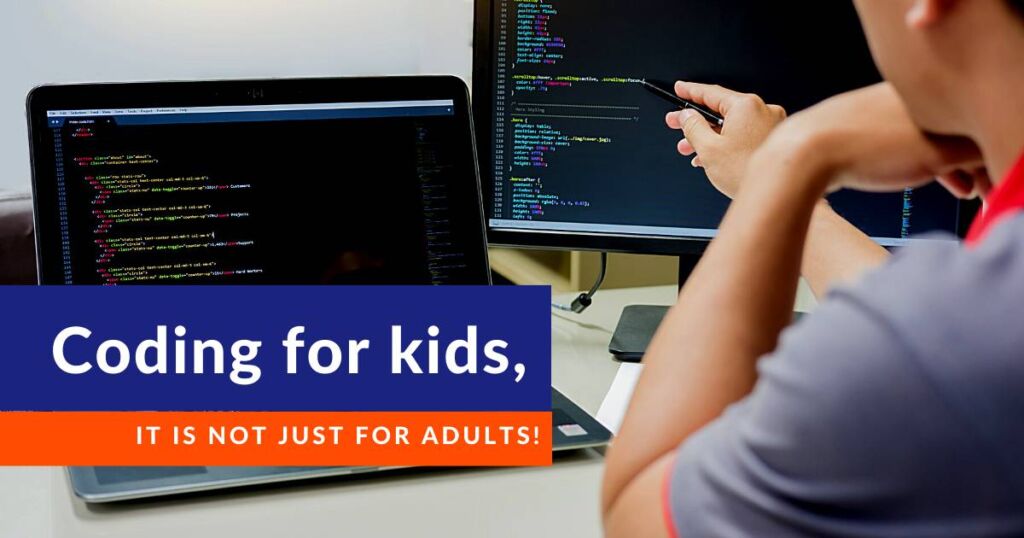It is easy and normal to think coding is only for adults who are working for technology companies. It will truly surprise you if you sit in one of our classes and understand what children are able to do with code. We have children who designed their own 16 bit encryption algorithms, Arduino based robotic vehicles, and advanced games completely done by themselves using the knowledge from our class. For example, they understood from the classes how a 256 bit encryption algorithm works and they designed a smaller 16 bit equivalent of their own version of it using rotational XORs, prime numbers, and more. All this is able to happen because we’ve designed resources to make it easy for children and teenagers to learn coding, computers, game, web, and app design.
Building basics with multiple computer-science experiences
At UnicMinds, we truly believe that it is important for children to have different kinds of computer-science experiences. For example, even if a student is learning only the Python course with us, we ensure that they also learn about other aspects such as the basics of statistics, binary code, and machine-learning mathematics in the classes. We ensure that our programming exercises require the child to apply knowledge from multiple fields such as mathematics, design, logic, programming languages, geometry, puzzles, graphics, and more. For example, often we tell children to code the solutions for various puzzles and programming problems that develops their programming concepts and structural thinking skills.
Programming Puzzles are an important part of growing up as a programmer. Puzzles challenge your concepts and your thinking in a creative and tricky way, and hence they are a great resource for children and teenagers to learn and establish their basics of programming. For example, we felt that children may not understand concepts such as binary search trees in terms of how searching becomes a reduced complexity (by reducing one half of the tree in every search – hence the O(log n)). But, to even our surprise, children and teenagers genuinely understand these concepts and apply them across relevant areas. The world is changing, and thanks to all the schools around the world too that are teaching and introducing computer-science to kids.
New Age Tools and Efficient Explanations helping kids learn fast
So, the bottom line is: teenagers and kids are doing things that the previous generation finds inconceivable for their age. This is primarily because they’re not learning the same way that we used to learn 20 years back. Twenty years ago, I’ve learnt C programming in a very different way from what children learn like today. As we learnt computer-science in the last 20-25 years, we also produced more efficient ways of explaining those concepts with the help of visuals and tools. And, therefore the learning game is changing and children are able to learn and do complex stuff. For example, Preston Mutanga is a 14 year old boy in Canada who did the animation work for one of the best scenes in the movie – 14 year old animator in Spider Verse. One of our students won the Coding Olympiad in Hong Kong. Another of our students scored 99% in an interschool coding exam. Our activities with children are student centric to help them become independent learners, leading to greater self-confidence, and the ability to face new challenges. We combine experimentation and imagination to ignite curiosity and creativity in their learning.
We update our curriculum regularly to incorporate the best ways for kids to learn a concept. We introduce them to the toughest problems in computer-science to broaden their horizon of thinking. Made for a diverse range of learners, UnicMinds takes a dynamic approach to help students build core computer-science and coding skills, structural thinking, and foundation in problem-solving. The true test of learning is application, and it is what we’re proud of – our students are able to produce useful applications across the tech stack.
Hope this is useful, thank you.
Learn more about Coding for Kids.




